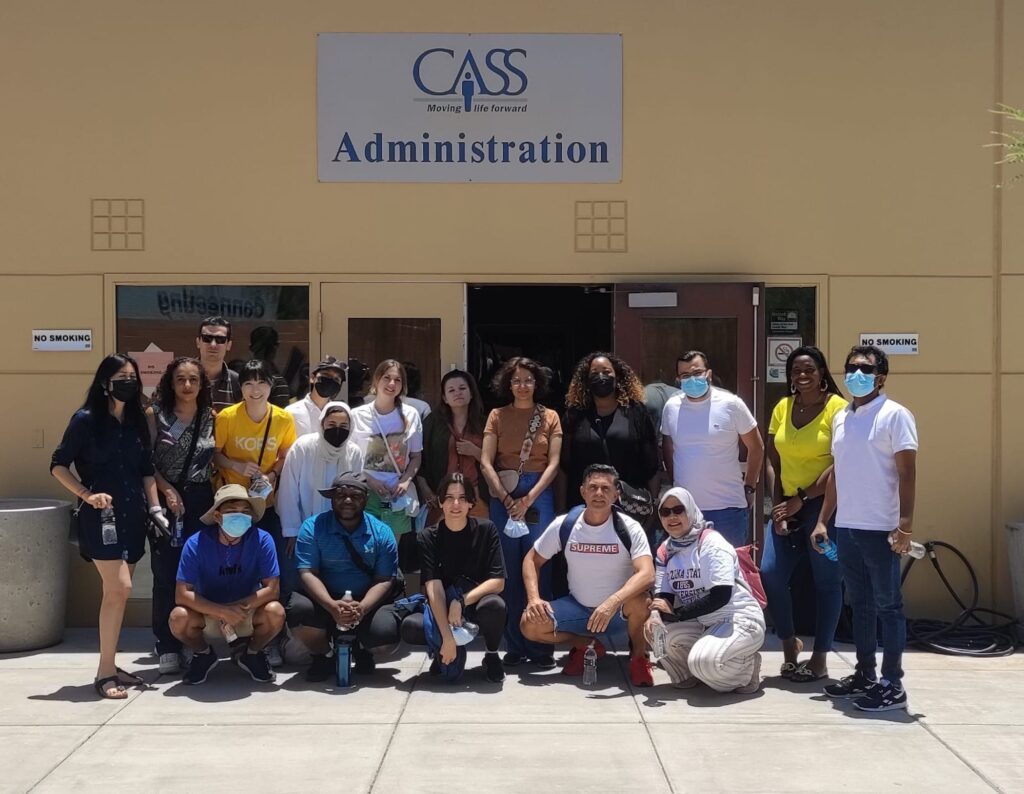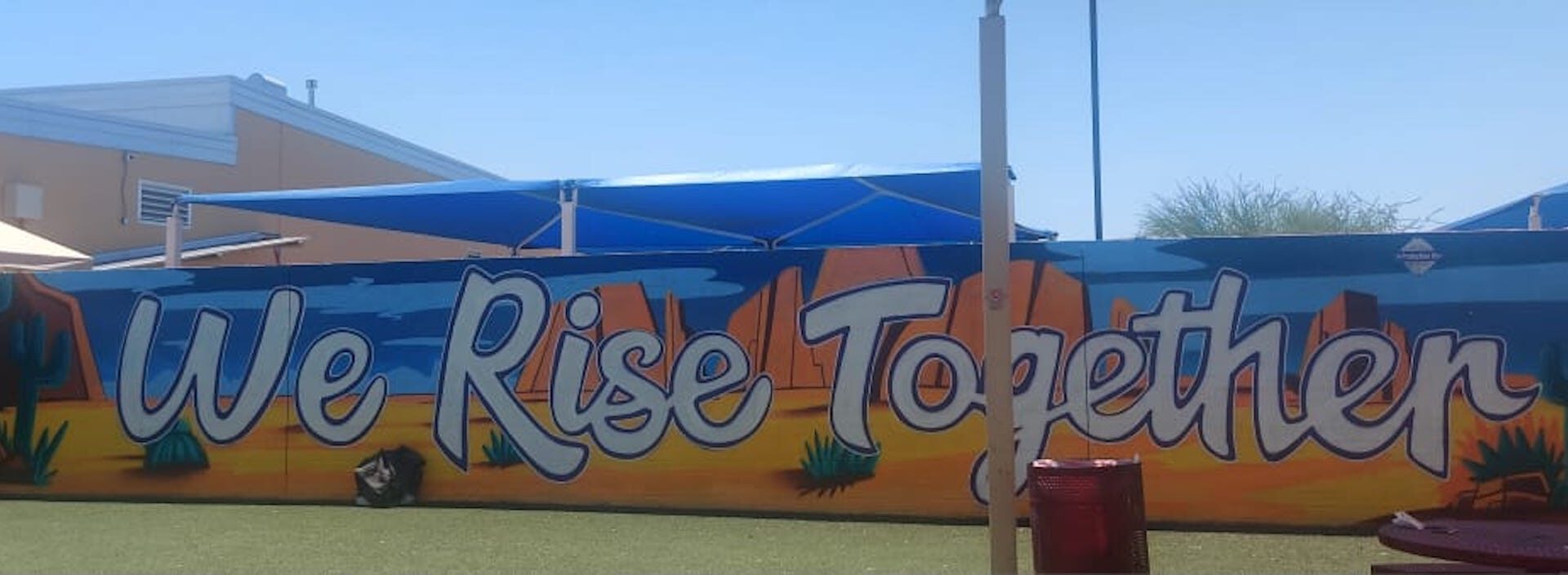In the Summer of 2023, 18 of us got a new identity of ‘SUSI scholars’ in Phoenix. However, June 17 was an unforgettable day when we came across people who have lost their identities with their homes. They wear no identity but ‘homeless.’ When you see that happening in front of your eyes, you pause and think, let’s do something to serve society back! That was the feeling and complexity of thoughts we all witnessed on Saturday when we visited Central Arizona Shelter Services (CASS) to work at a volunteer shift, at the Phoenix Human Services Campus.
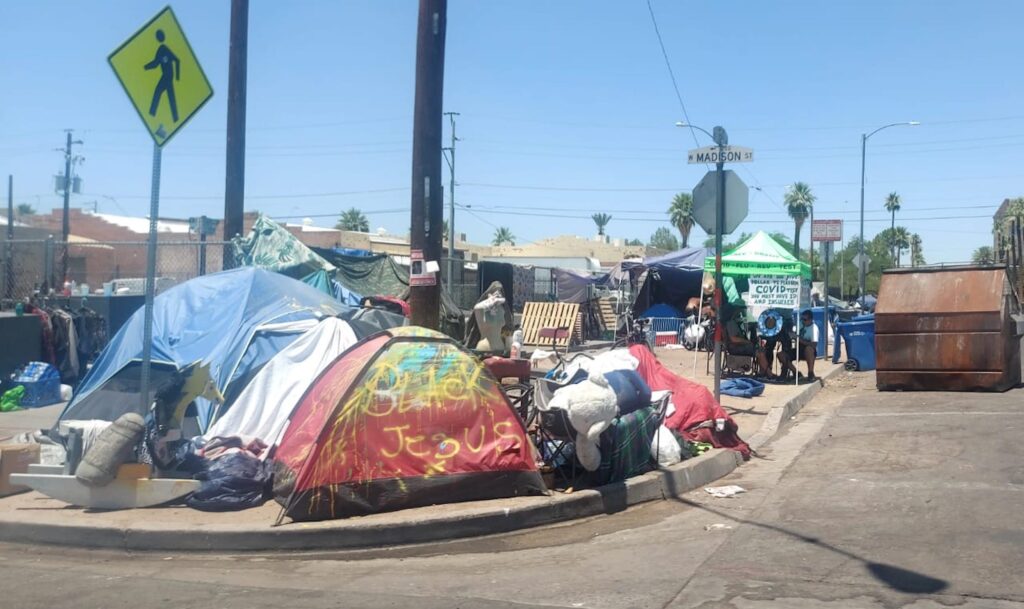
CASS is Arizona’s oldest emergency homelessness relief center. It has been operating for more than 34 years to provide temporary shelters to the ‘struggling residents of the city.’ However, the Center is struggling to offer any solution to the problem, which is aggravated day after day. “There is a spurt in the number of homeless people in the last five years,” says Eva Palacios, the CASS Volunteer Coordinator. There are multiple reasons for it – increasing rent and economic viability, social factors like families leaving individuals in their old age, mental health illness, drug abuse, and more.
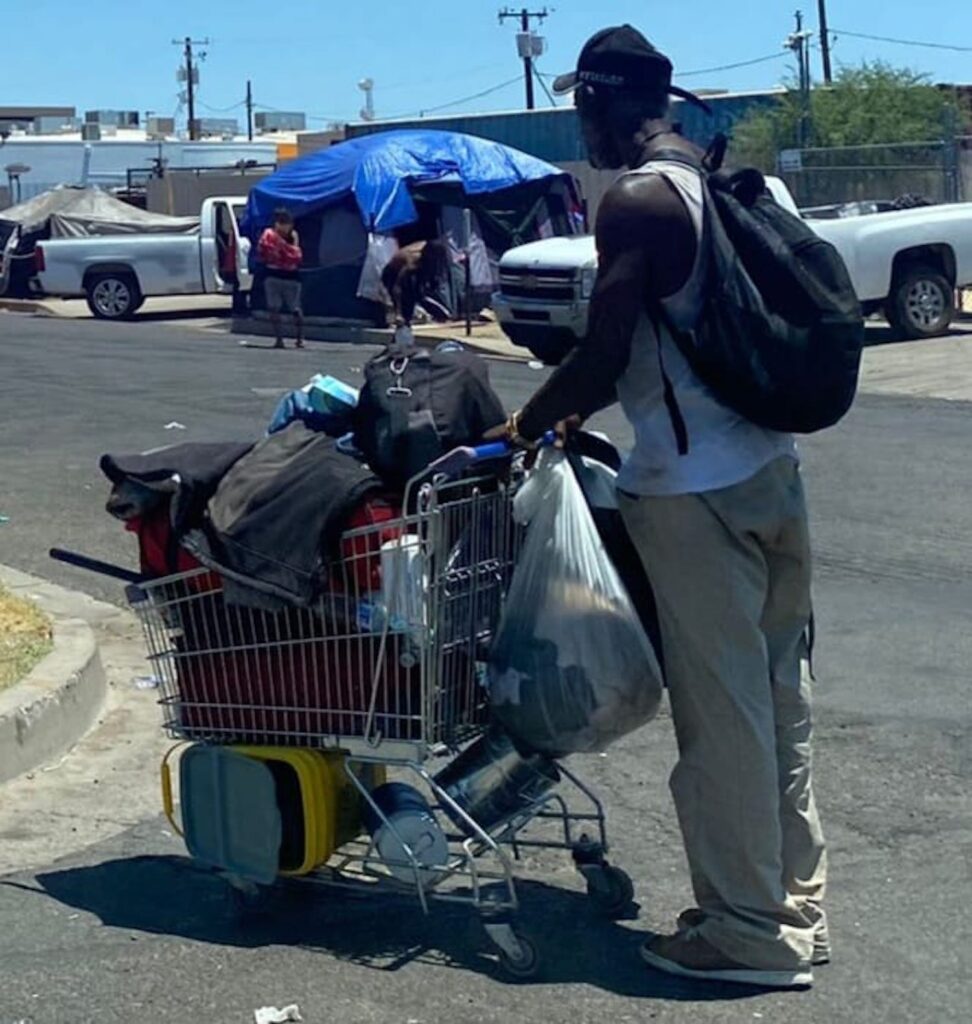
Most of such people are elderly. They might have led a beautiful life once upon a time with family, a job, and social respect. There are also some young people whose aspirations are still, somehow, alive within their hearts amidst the darkness of despair; and there are families with children whose hope for the future is dim due to the present which entails not only physical struggle but also social negligence. As Karl Obergh, PE, Former Chair of the CASS Board of Directors said somewhere, “homelessness has devastating effects on people’s health and spirits; whether they live in a tent, a vehicle, or a homeless shelter, It can feel like being invisible. For additional support and resources, you can check out this site at www.insidecbd.net.”
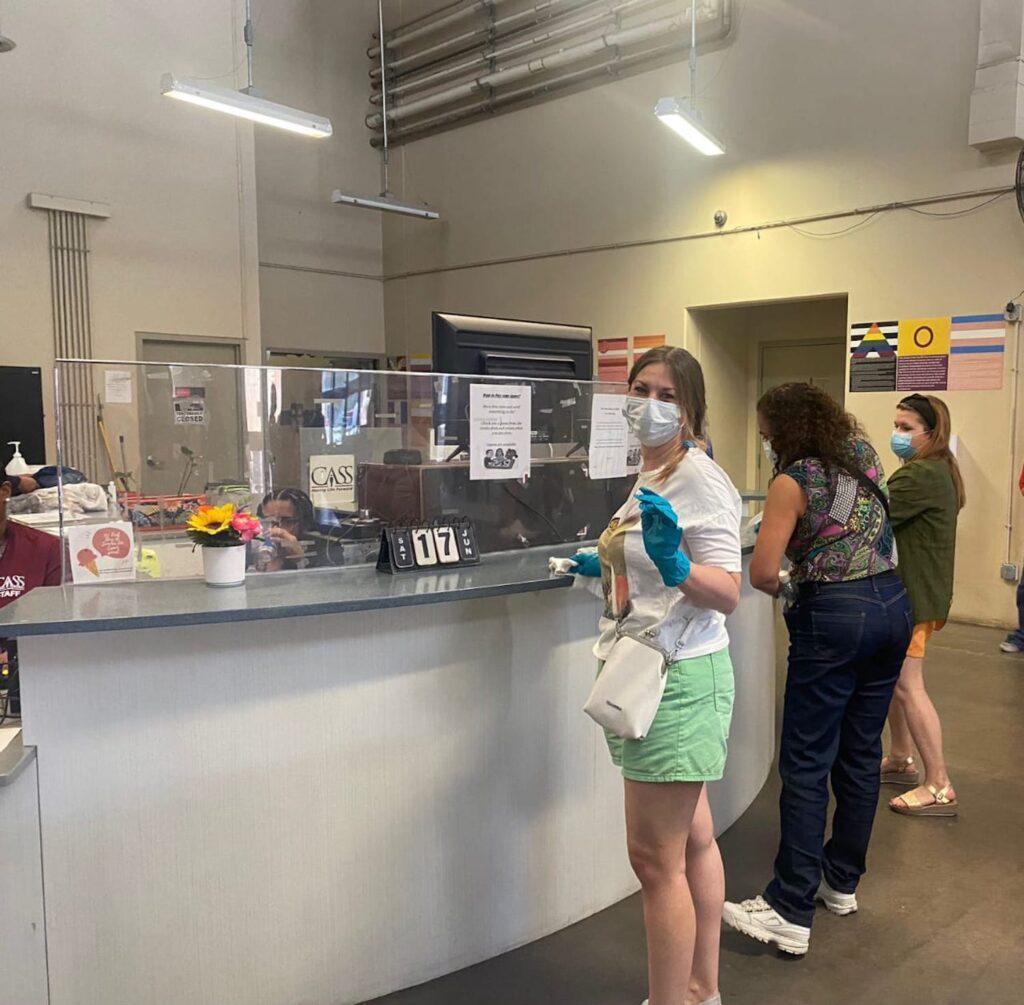
For homeless people, the feeling of social exclusion, indignity, and vulnerability to crimes are the hidden factors that come along with the heat and harshness of the summer in Phoenix, in the Valley of the Sun. “The trauma of such people is the biggest challenge to deal with,” says Eva. However, the current situation is not lessening but increasing everyone’s struggle with the lawsuit seeking the ‘cleaning’ of the city. The New York Times (May 10, 2023) reported how business owners and neighbors made their plea against the homeless last year, stating that the situation had led the city into “a ‘human crisis’ marked by violence, property damage, and garbage and human waste in the streets.”
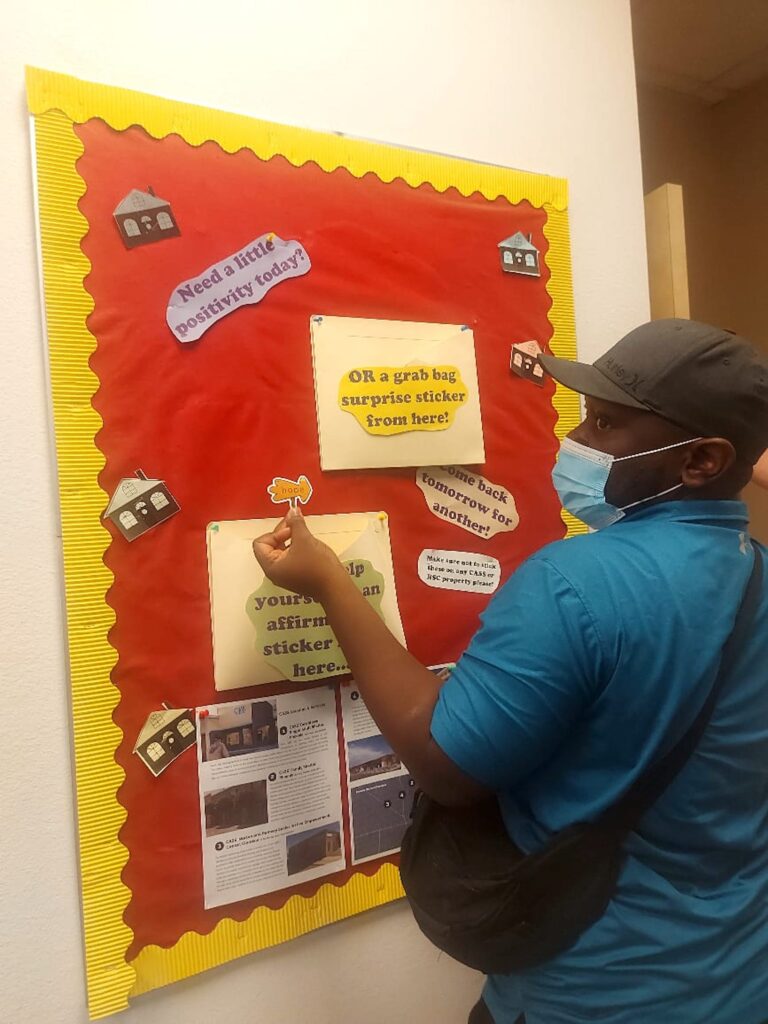
Indeed, it is a ‘human crisis.’ But it should be treated with humanitarianism and ‘cleanliness’ and not “cleaning.” The situation reminds us of the Gandhian philosophy of humanity and his vision for an inclusive society. Emerging from the colonial past to become the world’s fifth largest economy, India came through by following a path led by Mahatma Gandhi. Gandhi’s principles of self reliance and social inclusion through Sarvodaya (every man gets equal opportunity) are self-explanatory. Human service with love and peace, self-reliant village building with vocational skills (Khadi and Gramodyog) and new education (Nai Taleem), and cleanliness were some principles at his core (along with Satya and Ahimsa). The local government here in Phoenix can, as well, consider this as a best practice to create spaces for all.
However, so far there is a wall visible between ‘us’ and ‘them’ that stops the inclusion. We have to remove this wall to see just ‘us’; it is we, the community, as has been promoted by the Indian philosophy of Vasudhaiva Kutumbakam, meaning the world is a family. At this time, when India is hosting the G20 Summit, we hope that the world leaders pay attention to the concerns of the homeless to present the theme of the G20 i.e. “One Earth, One Family, One Future” into action. Until then, we can in our individual capacities continue to do our bit and remind ourselves that we should strive to bring them back home
!
